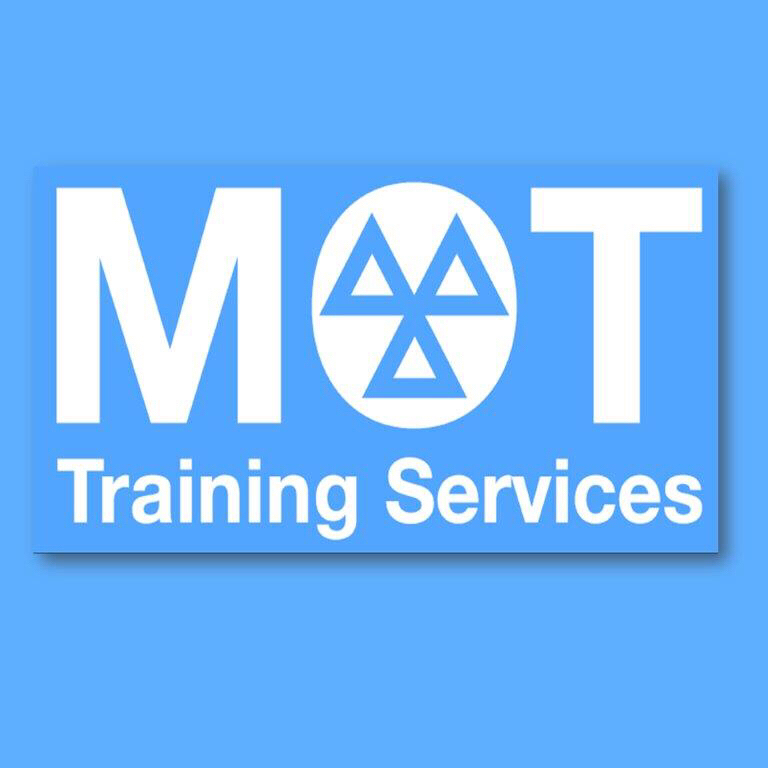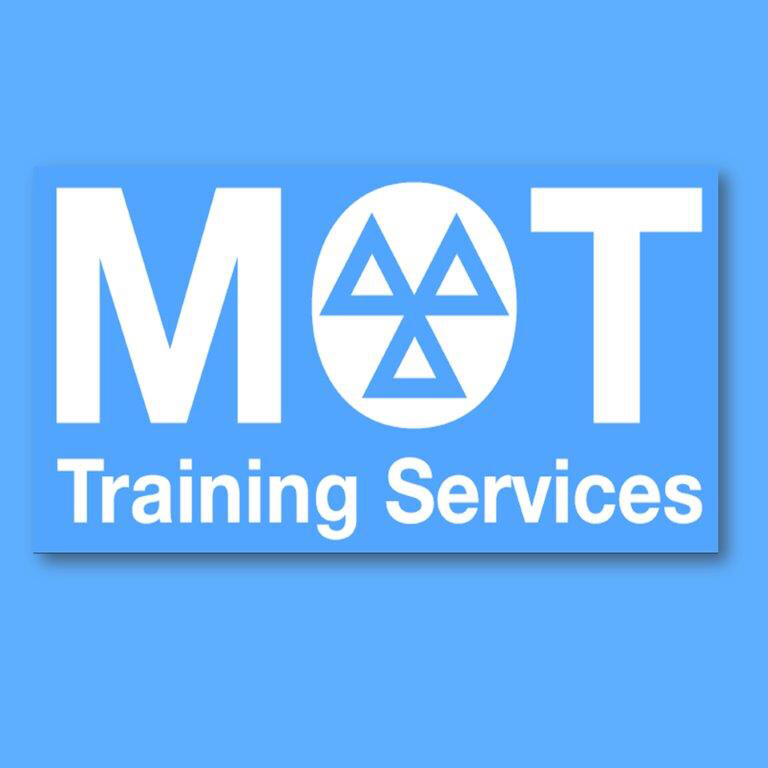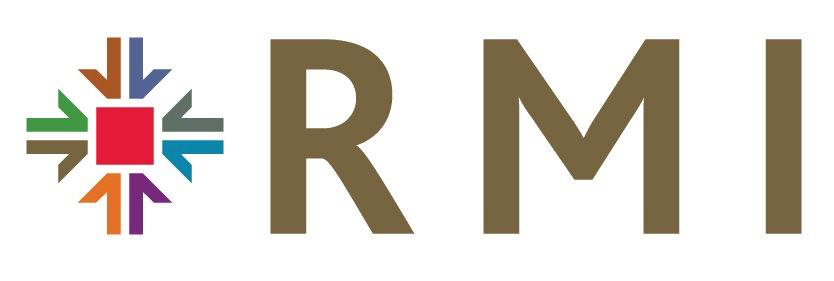Information
-
Company Name
-
Audit Title
-
Location
-
Conducted on
-
Conducted by
-
MOT classes tested
-
VTS Number
1. Premises and Reception Area
-
Are all mandatory signs displayed? Are they in good condition?
-
Is the MOT viewing area presence identified to presenter?
-
Is there provision for adequate parking?
-
Is there a dedicated MOT notice board covered with a transparent covering?
-
Are all mandatory notices displayed on the MOT noticeboard?
-
Are MOT test times conducted correct and as expected
-
When booking in a vehicle for MOT, are all relevant details recorded?
-
Is there an adequate system for booking tests and loading the test bay?
-
What is the Site Risk Score (if able to access)
2. Nominated Testers and Training
-
Are there records available and up to date for NT annual training
-
Are the Nominated Testers recorded on MOT Computer still actively testing at site?
Nominated Testers and other staff roles registered to site
-
Name
-
Roles
-
If NT overall failure rate %
-
If NT average test time (minutes)
Nominated Testers and other staff roles registered to site
-
Name
-
Roles
-
If NT overall failure rate %
-
If NT average test time (minutes)
Nominated Testers and other staff roles registered to site
-
Name
-
Roles
-
If NT overall failure rate %
-
If NT average test time (minutes)
Nominated Testers and other staff roles registered to site
-
Name
-
Roles
-
If NT overall failure rate %
-
If NT average test time (minutes)
Nominated Testers and other staff roles registered to site
-
Name
-
Roles
-
If NT overall failure rate %
-
If NT average test time (minutes)
Nominated Testers and other staff roles registered to site
-
Name
-
Roles
-
If NT overall failure rate %
-
If NT average test time (minutes)
3. Administration
-
Are the emission test printouts internally retained and given to presenter/customer and does it show the correct procedures?
-
Can the VTS supply copies of all required retained documentation for 5 tests chosen randomly?
-
Has the Responsible Person confirmed that there has not been any changes to the Authorised Entity?
-
Can the VTS demonstrate that they have an effective internal QC scheme to ensure quality management ?
-
Has a current member of staff attended an MOT Scheme Management training course?
-
Can the site demonstrate that all required MOT test equipment has been calibrated and certificates are available?
-
Does the site have available 2 years records of required calibration?
-
Was all required documentation easily and readily available to view during visit?
MOT Equipment Calibration Expiry Date
-
Decelerometer
-
Headlamp Aligner
-
Diesel Smoke Meter
-
Shaker Plates (ATL OPTL only)
-
Brake Tester
-
Exhaust Gas Analyser
-
Tyre Tread Depth Gauge
-
Weighing Device (if applicable)
Bay 2 MOT Equipment Calibration Expiry Date (additional bays or equipment if applicable)
-
Decelerometer
-
Headlamp Aligner
-
Diesel Smoke Meter
-
Shaker Plates (ATL OPTL only)
-
Brake Tester
-
Exhaust Gas Analyser
-
Tyre Tread Depth Gauge
-
Weighing Device (if applicable)
4. Security, contingency and integrity
-
Are password and PIN number security adequately safeguarded?
-
Are pre-printed stocks of Contingency Certificates (CT) available?
-
Is there a system available to retain any copies of CT documentation?
-
Is there a system in place to verify tests conducted
5. Test Bay, Equipment and Tooling
-
Does the Station have all the required equipment in good working order?
-
Is the MOT ramp (or pit), inclusive of turn plates, in good working order?
-
Is the surface of the brake roller tester in a good serviceable condition?
-
Are the exhaust gas analysers and smoke meters in good working order and running up to date software?
-
Is the lighting considered to be adequate?
-
Is there an adequate inspection lamp in use?
-
Does the station have a CAT Tool, pinch bars, 1 metre rule and tyre depth gauge available?
-
Does the station have gas leak detector spray, tow bar electric test device and wheel chocks available?
-
Is a Decelerometer available for use?
-
Are all test bay markings including headlamp aim datum lines in good condition?
-
Is the test bay, equipment and surrounding areas clean and well maintained?
-
Is the test Bay Area free from obstruction?
-
Is the MOT viewing area assessable, or if camera used is this functioning?
-
Comments
5. MOT Risk Factor Observations During Visit
Section A - Disciplinary History
-
Disciplinary Events History
Section B - Satisfactory Activity History
-
Satisfactory Activity History
Section C - Risk Assessment Questions
-
i. Average Vehicle Age
-
ii. Authorised Examiner Details
-
iii. Registered Test
-
iv. System Security
-
v. Customer Area
-
vi. Test Fee Discount
-
vii. Notices and Public Information
-
viii. Workload Management
-
ix. Vehicle Documents and Handover
-
x. Scheme Changes
-
xi. Does the VTS hold a current subscription to a recognised Code of Practice?
-
xii. Staff Retention
-
xiii. Incentives
-
xiv. Quality Management Systems
-
xv. Staff Training
-
xvi. Workplace Throughout
-
xvii. Workplace Appearance
-
xviii. Equipment Management
-
xiv. Garage Hand Tool Maintenance
Section D - AE Representative Questions
-
Risk score based on the number of correct answers given
Section E - Nominated Tester (NT) Questions
-
Risk score based on the number of correct answers given
6. Observed Form
6. Observed Test
-
Nominated Tester's Name
6.1 Pre-Test & Inside Vehicle
-
a. Acceptance Check
-
b. VIN and VRM obtained from vehicle
-
c. Brake pedal & servo operation
-
d. Steering wheel & column
-
e. Steering lock operation checked
-
f. Drivers seat adjustment checked
-
g. Rock steering (solid surface) personally
-
h. Operation/security switches
-
Horn
-
Fog/hazards/light switches
-
Warning lamps/speedometer
-
i. Handbrake security & Operation
-
j. Seat and seat-belt operation and security
-
NSF
-
OSF
-
NSR
-
OSR
-
Centre
6.2 Outside Vehicle
-
a. Check operation of all front lights
-
b. Check headlamp alignment
-
c. Check operation of all rear lights
-
d. Self levelling and headlamp cleaners (if HID)
-
e. Obligatory mirror/s
-
f. Windscreen, wipers
-
g. Registration plates
-
i. Fuel cap and seal
-
j. boot/hatch opened and items inspected
6.3 Under Bonnet
-
a. Check bonnet security and fixings
-
b. Battery security
-
c. Brake components checked - use of assistant or shaker plates
-
d. Steering/suspension components checked - use of assistant or shaker plates
-
e. Fuel lines (with engine running and without)
6.4 Under Vehicle
-
a. Rock steering - use of assistant or shaker plates
-
b. Check brake hydraulic pipe hoses - use of assistant or pressurisation device
-
c. Exhaust system
-
d. Check fuel pipes with engine running and without
-
e.Examine front wheels, tyres, brakes, wheel bearings, steering and suspension components
-
OSF
-
NSF
-
Repeated with assistant whilst NT observes (if required)
-
f. Examine rear wheels, tyres, steering, suspension components
-
OSR
-
NSR
-
g. Wheel bearings
-
Front
-
Rear
-
h. Lever/bar used under front wheels (if appropriate for suspension type) (Not mandatory for OPTL/ATL)
-
OSF
-
NSF
-
Repeated With assistant whilst NT observes (if required)
-
i. Steering lock to lock (grease plates) checking operation
-
j. Steering lock to lock (grease plates) checking for fouling on full lock
-
k. Vigorous rock of suspension (ATL shaker plates used)
-
OSF
-
NSF
-
Repeated With assistant whilst NT observes (if required)
-
l. Examine vehicle structure and prescribed areas for corrosion - appropriate methods used
6.5 Emission Test
-
a. Pre checks conducted
-
b. Engine oil temperature measured (if required for type of test)
-
c. Engine purged (diesels)
-
b. Metered emission assessment conducted
-
d. Visual assessment
6.6 Brake Test
-
a. Align vehicle in rollers
-
b. Front brakes effort, balance, increase, reduction and judder assessed
-
c. Rear brakes effort, balance, increase, reduction and judder assessed
-
d. Handbrake effort
-
e. Readings recorded and entered correctly?
6.7 Use of MOT Computer
-
a. Does the NT demonstrate adequate competence in the using MOT computer?
-
b. Was the information logged onto the computer correctly?
6.8 Further actions required for NT and AE ( If advice given or shortcomings noted)
-
Was the procedural outcome of the test discussed with the NT
-
Was a recommendation made for the NT to revise items in Inspection Manual and for recheck to be made during internal NT checks
7. Company Details and Recommendation
7. Company Details
-
RMI Member Number
-
Contact Name
-
Contact Name 2
-
Telephone Number
-
E-Mail Address
Recommendation
-
Having completed the listed checks
-
-
This is to certify that on the following date the premises listed were inspected by the MOT training services representative below
-
This audit was conducted
-
MOT TRAINING SERVICES auditor signature
-
This is in accordance with the standards and procedures laid down for the MOT Training Services for MOT/QC.
















